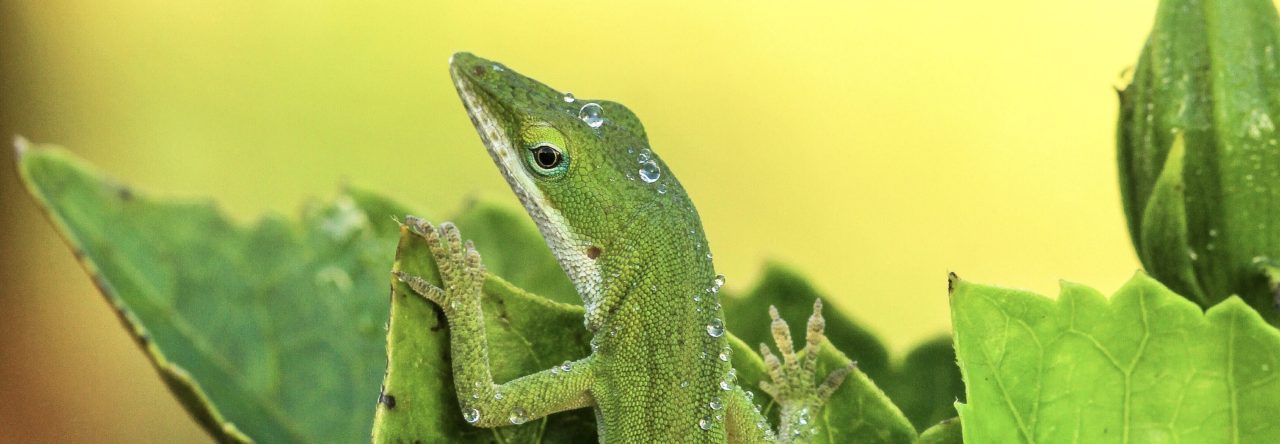
IRCF Reptiles & Amphibians lives on in the digital realm, and just published its latest issue
IRCF Reptiles & Amphibians: Conservation and Natural History may no longer be publishing in the paper realm, but it’s still coming out electronically, and the latest issue has just hit the digital street. Amidst the customary excellent photography and interesting articles are two new reports of introduced anoles.
First is the interception in Dominica of two Anolis bimaculatus hitch-hiking on a container shipment from St. Kitts. This species has previously been reported there, but is not established.
Second is the report by an all-star cast of AA contributors of additional populations of A. porcatus in the Dominican Republic, presumably the result of dispersal from Santo Domingo, where they have been established for some time.
- Evolution in Real Time on Lizard Island - March 23, 2025
- Spider Snags Adult Anolis osa - March 22, 2025
- An Homage to the Green Anoles of New Orleans - March 21, 2025


Armando Pou
Very interesting information. Is it possible that the populations of A. porcatus in the Dominican Republic originated from south Florida through the landscaping trade? Many species of palms are exported from south Florida nurseries, and porcatus seems to love palm trees.
Robert Powell
Probably not. The evidence suggests that A. porcatus was almost certainly introduced from Cuba into Sto. Domingo during the “world’s fair” in 1955. These lizards were first discovered at the site of the Cuban exhibition in 1970.
hispanioland
We realized there was a landscaping work done at that park several years ago, asked for the precise dates and source of the plants, and directed to all offices and people involved, but no luck in obtaining the documents. It would have been nice to have provided such data in the note.
Rich Glor
You’re speaking of the Bani population here correct (not the Santo Domingo site that was home to the Cuban exhibition, correct?
hispanioland
That’s correct Ricky, It was in regard to Armando’s comments. Then noticed I didn’t specify where but too late (comments not editable). I am learning to use this, should have replied to that comment just the way you did to mine to avoid confusion.
Martha Munoz
I remember seeing A. porcatus in that park this past summer with two of my students! Oddly enough, there is another park in Bani (if not more) where I haven’t seen any porcatus. They seem quite similar with habitat that appears more than suitable. Any guesses to how they got into Echevarria park, which is actually closed off to car traffic, but not to the parque central, where cars and mopeds pass by all day long?